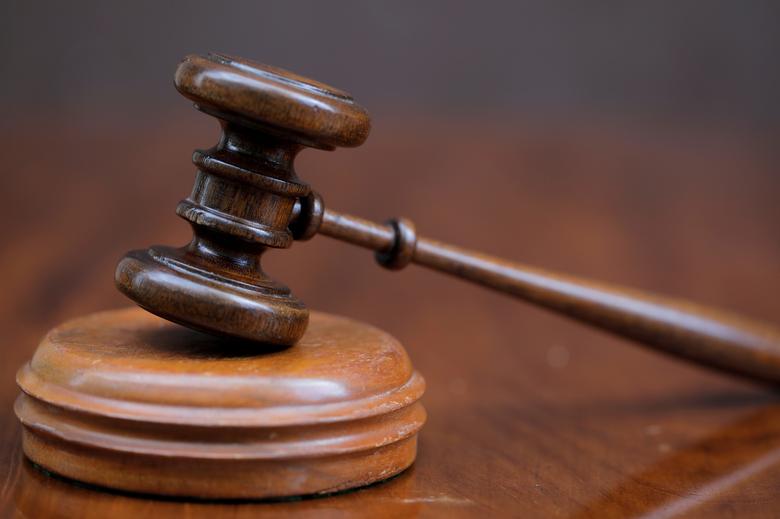Speaking to the diplomatic corps, Tshisekedi made it clear that while he remains open to dialogue to resolve the ongoing crisis in the east of the country, the M23 will not be part of those talks.
Despite the complex situation, Tshisekedi stressed that there is an opportunity for peace, referencing the African Union-endorsed mediation process facilitated by Angola’s President João Lourenço. Tshisekedi's government maintains that engaging with the M23, which is allegedly supported by Rwanda, would undermine DRC’s sovereignty and encourage other militant groups to follow suit. Furthermore, he pointed to the overwhelming presence of Rwandan military forces in the region, asserting that the issue is far greater than just the M23.
Political analyst Didier Bayeye explained that Tshisekedi’s refusal to negotiate with the M23 is rooted in the need to protect national integrity and prevent setting a dangerous precedent for armed groups. He added that President Kagame’s involvement in the conflict is a critical factor, suggesting that a dialogue should begin at the highest level to address the root causes of the violence.
Relations between the DRC and Rwanda have deteriorated sharply in recent years, with both countries accusing each other of interference in the region. In December, President Kagame notably failed to attend a scheduled mediation meeting, further deepening the diplomatic rift. Rwanda denies supporting the M23, but Tshisekedi has continued to call for accountability and a cessation of Rwandan military involvement.
Bayeye expressed hope for a diplomatic solution, urging both leaders to engage in direct talks. He stressed that the ongoing tensions are detrimental not only to the DRC and Rwanda but to the wider Great Lakes region. The political analyst called for a peaceful resolution, advocating for a diplomatic approach rather than military escalation.
--ChannelAfrica--













